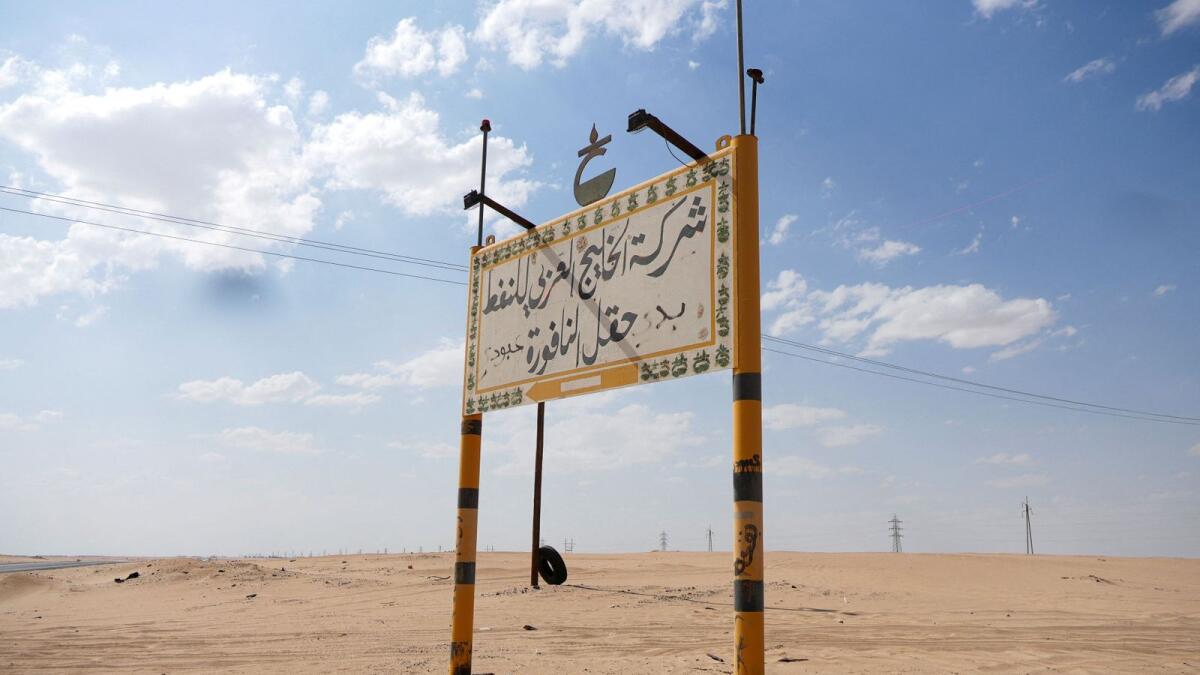Libya’s Arabian Gulf Oil Company has recently resumed oil production at a reduced rate of up to 120,000 barrels per day to meet domestic needs. This decision comes after a period of shutdown due to a standoff between factions that resulted in the closure of most of the country’s oilfields. While exports are still halted, the company has restarted production in the Sarir, Messla, and Nafoura oilfields, with a focus on providing electricity and fuel for domestic purposes.
The resumption of production is below the fields’ full capacity, as it is primarily aimed at meeting local demand for energy resources. Engineers from the Arabian Gulf Oil Company, speaking on condition of anonymity, have confirmed that the restart is intended to supply essential services within Libya. This move highlights the importance of maintaining a stable energy supply within the country, despite ongoing political and security challenges.
The shutdown of oil production in eastern Libya, where the majority of the country’s oilfields are located, was initiated in August following a power struggle between factions. This conflict escalated when factions in western Libya ousted veteran Central Bank of Libya governor Sadiq al-Kabir and installed their own board in his place. The resulting disruption in the oil sector had significant economic implications for the country, leading to a reduction in revenue and impacting both domestic and international markets.
The decision to resume oil production, albeit at a reduced rate, reflects a strategic approach to addressing the immediate energy needs of the Libyan population. By prioritizing domestic consumption over exports, the Arabian Gulf Oil Company aims to ensure that critical services such as electricity and fuel are readily available to the local population. This shift in focus underscores the company’s commitment to supporting the well-being and stability of Libyan communities during times of political uncertainty and conflict.
It is essential for Libya to balance its energy production and export priorities to ensure the long-term sustainability of its oil industry. By resuming production to meet domestic needs, the country can maintain essential services and infrastructure while also exploring options for resuming exports in the future. This approach will require collaboration and cooperation between different factions and stakeholders within the Libyan energy sector to navigate complex political dynamics and secure the country’s economic future.
As Libya navigates ongoing political challenges and strives to restore stability, the resumption of oil production represents a critical step towards meeting the country’s immediate energy needs. By prioritizing domestic consumption and essential services, the Arabian Gulf Oil Company demonstrates a commitment to supporting local communities during times of crisis. Moving forward, Libya must continue to prioritize energy security and explore opportunities for sustainable growth in its oil sector to ensure long-term economic stability and prosperity for its people.











